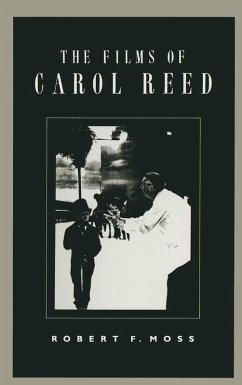At a time when television offered limited opportunities for women, Donna Reed was an Oscar-winning Hollywood actress who became both producer (though largely uncredited) and star of her own television show. Distinct from the patriarchal family sitcoms of the era, The Donna Reed Show's storylines focused on the mother instead of the father, and its production brought a cinematic aesthetic to television situation comedy. In The Donna Reed Show, author Joanne Morreale illustrates how the program pushed the boundaries of the domestic sitcom at a time when the genre was evolving and also reflected the subtle shifts and undercurrents of unrest in the larger social and political culture. Morreale begins by locating Donna Reed in relation to her predecessors Gertrude Berg and Lucille Ball, both of whom were strong female presences in front of and behind the camera. She also explores the telefilm aesthetics of The Donna Reed Show and argues that the series is a prime example of the emergent synergy between Hollywood and the television industry in the late fifties. In addition, Morreale argues that the Donna Stone character's femininity acts as a kind of masquerade, as well as provides a proto-feminist model for housewives. She also examines the show's representation of teen culture and its role in launching the singing careers of its two teenaged stars. Finally, Morreale considers the legacy of The Donna Reed Show in the representation of its values in later sitcoms and its dialogue with contemporary television texts. Morreale illustrates the interplay of gender, industry, and culture at work in the history of this classic TV series. Fans of the show, as well as students and teachers of television history, will enjoy this close look at The Donna Reed Show.
Dieser Download kann aus rechtlichen Gründen nur mit Rechnungsadresse in A, B, BG, CY, CZ, D, DK, EW, E, FIN, F, GR, HR, H, IRL, I, LT, L, LR, M, NL, PL, P, R, S, SLO, SK ausgeliefert werden.









